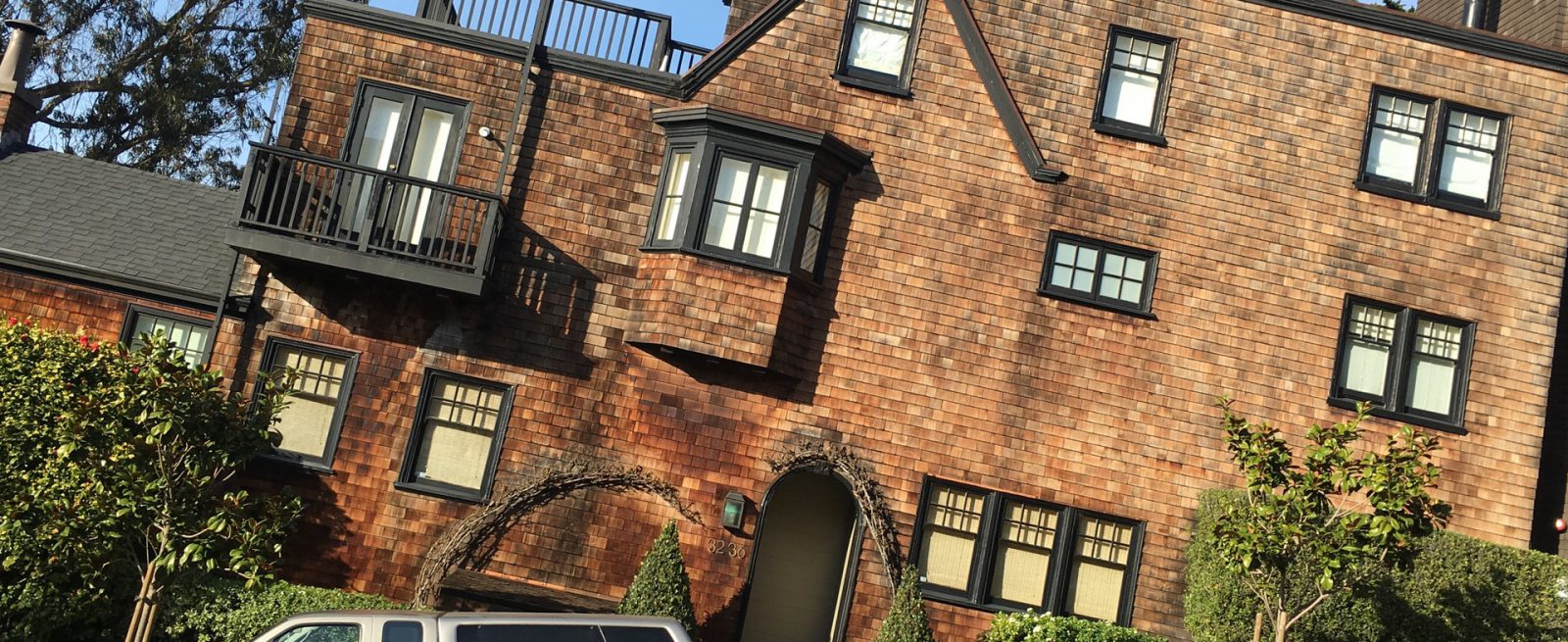Is Your House in Order?
4 Min Read By Scot Ferraro
Excellent location. A perfect menu. Just the right color scheme in the dining room. It all adds up to the makings of a great restaurant … but only if all the business’s licenses and permits are in order.
From commercial alarm permits to server training certificates and alcohol licenses, determining just what’s needed for a new restaurant requires hours of research and paperwork. What’s more, making changes to a restaurant after it opens, such as adding rooftop seating or allowing dogs at the sidewalk cafe, may require even more licenses and permits.
If the right paperwork isn’t secured, business owners could face fines, a delayed opening, closure and even, in rare circumstances, jail time.
And it’s a common scenario, especially for those with multiple locations and without centralized compliance teams or regular audits of their existing or required permits. A quick search of the headlines turns up plenty of stories about restaurants facing consequences because the right paperwork wasn’t in hand.
Fines, Closures, Concerns
This year, in Omaha, 11 food and drink establishments were shut down because they failed to renew their permits — and more faced closure, according to a local TV report. In fact, Omaha regularly cracks down on unlicensed restaurants. In 2016, officials shut down five restaurants after dozens of others scrambled to renew.
Elsewhere, in Hawaii, a restaurant was fined $5,000 for failing to get a temporary food establishment permit to sell food at an event in April. And, last year, a San Diego bar owner faced thousands of dollars in fines and lost business because she didn’t have a permit for a sidewalk cafe.
Fines and lost business are the most frequent repercussions for business owners who fail to renew on time. But what may be even worse for some, a license lapse can be bad PR.
In Omaha, for instance, the local TV station lists the names of businesses that allowed their licenses to expire. The owner of one of those restaurants feared customers would think her inclusion on the list meant she’d failed a health department rating, not simply neglected to update some paperwork, according to a news report.
Five Tips to Ensure Compliance
For these reasons and more, licensing should be considered mission critical for any food and drink establishment. Here are five tips to make sure your house is in order:
Don’t ignore government mailings
It might be easy to overlook that thin white envelope from the city’s health department, but don’t let it linger in the pile on your desk. Those envelopes can include invoices to renew permits or reminders that they are about to expire.
Officials often are required to notify businesses about permit or license deadlines. Open any notices from government officials immediately and take the required action.
Audit your current licenses
Better yet, take charge of the process to renew required paperwork — don’t simply wait for reminders from the government. (In fact, you cannot even assume that you will get a notice in the mail if the local or state government makes changes to the licensing laws or requirements that impact you.)
Complete a full audit of all the licenses and permits that you have. In one place, track when they are set to expire. Then, create calendar reminders to ensure that you renew on time and your business meets all mandates. Make permit and license renewals a priority.
Do your research
Make sure you know what permits and licenses are required and how long it will take to receive them before you set an opening date for your business. Depending on your location, it can take days — even weeks or months — to fulfill all of a jurisdiction’s requirements, and licensing for certain activities, such as selling alcohol, can be more complex and time consuming than others.
Once you are open, stay abreast of business license requirements, especially if you make changes to your business. The addition of a drive-thru window, rooftop seating or a walk-up coffee bar could trigger a new set of compliance rules.
Centralize compliance
Many businesses with more than one location allow local employees to handle permit and license renewals.
In fact, at CT Corporation, we often find that officials at a company’s headquarters live under a false sense of security that local employees are handling it — until a location is shut down or fined because mandates weren’t met. Indeed, failure to renew a permit on time won’t only have ramifications at the local level; the problem will hit headquarters, too.
On the ground, a local office manager or paralegal can track licenses and renewals, but businesses should place somebody in a central office in charge of following up to ensure all requirements are met.
Work with a compliance expert
You might be an expert on gourmet cupcakes or the ideal burger. When it comes to your other business needs, you seek out other experts — a baker for perfect buns or an interior decorator to pick out your chairs, for instance.
In the same way, businesses often rely on compliance experts to ensure their business meets every requirement now and as they grow. Compliance experts also can notify business owners when new mandates come up, so there’s never a misstep.
Opening a restaurant takes dedication, passion and long hours. These simple steps will ensure that your restaurant won’t run into the kinds of compliance surprises that could spoil all your hard work.


